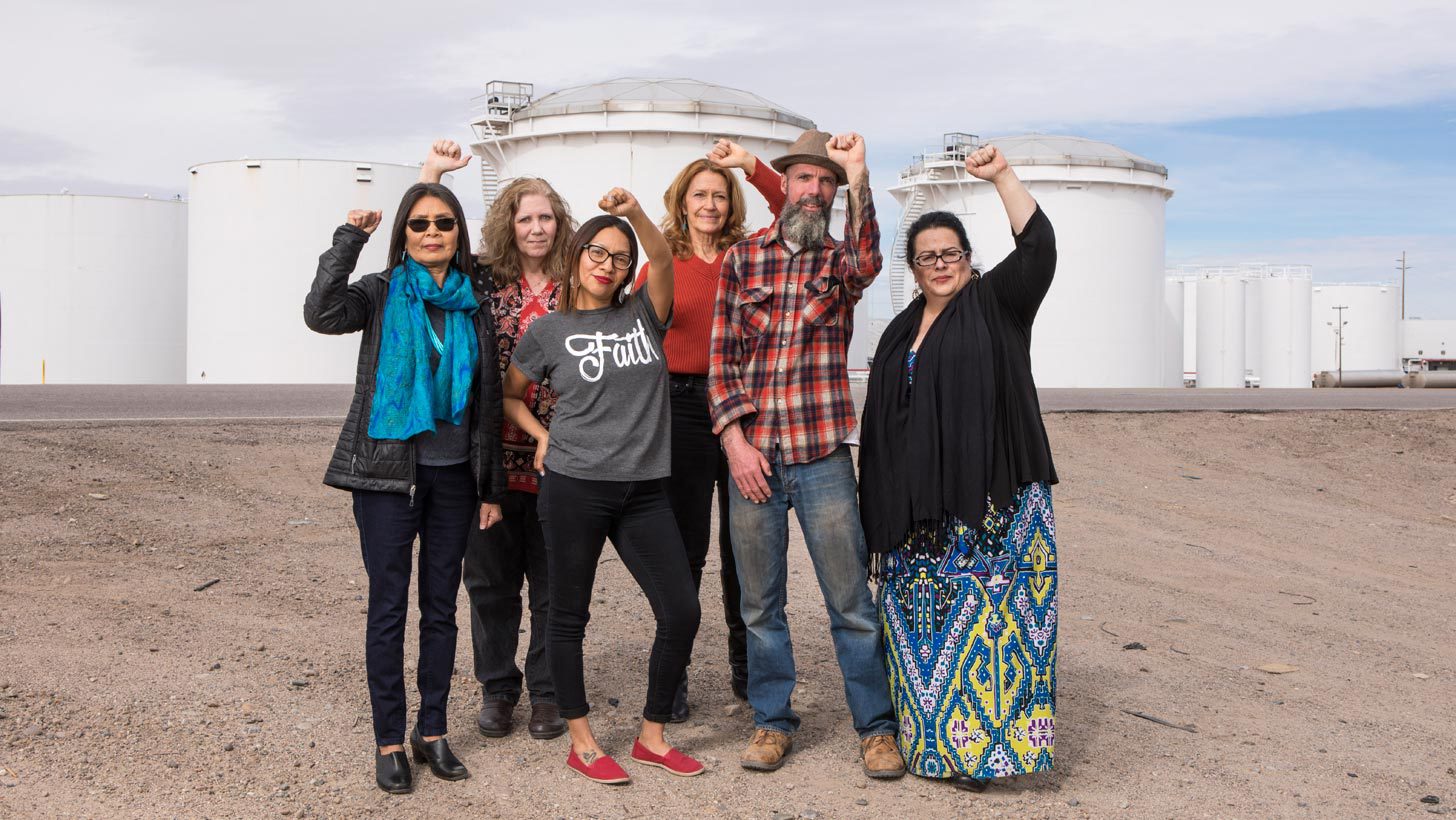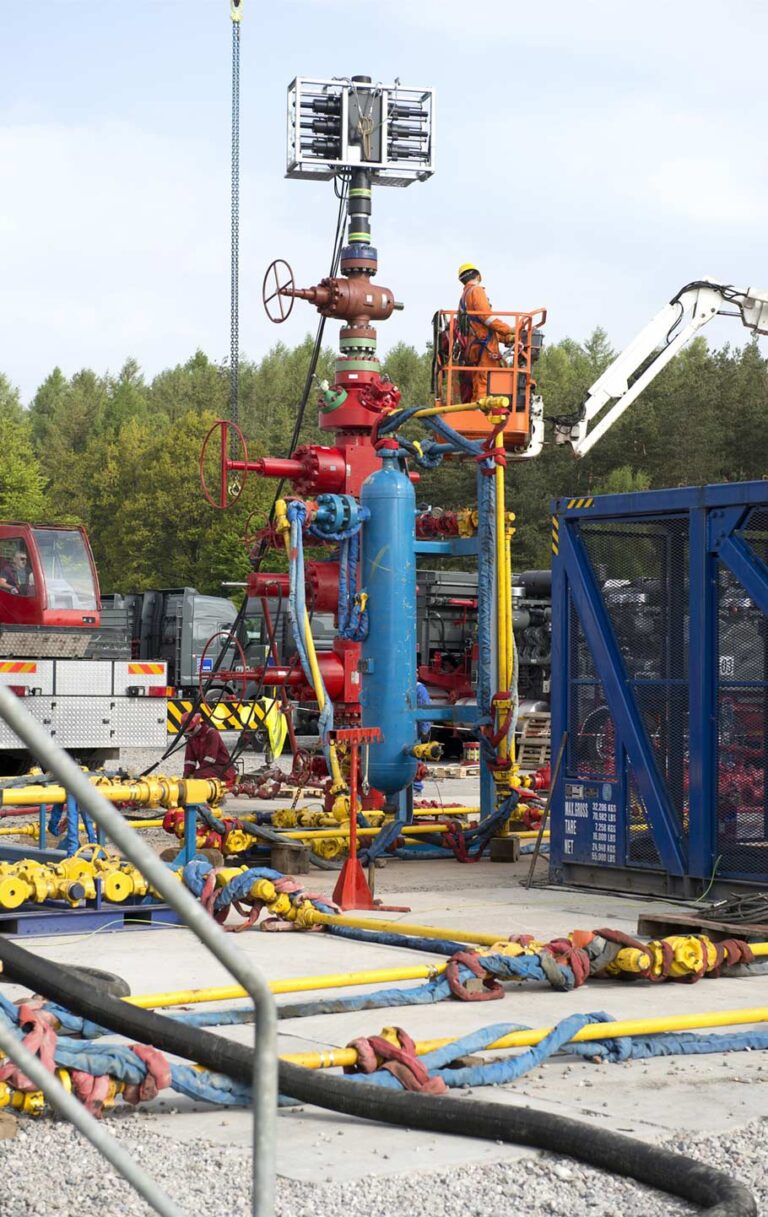The Fractured Earth
Fracking Bill Would Stop Drilling To Investigate Process


Fracking
Anita Starzycka
Latest Article|September 3, 2020|Free
::Making Grown Men Cry Since 1992


Fracking
Anita Starzycka
